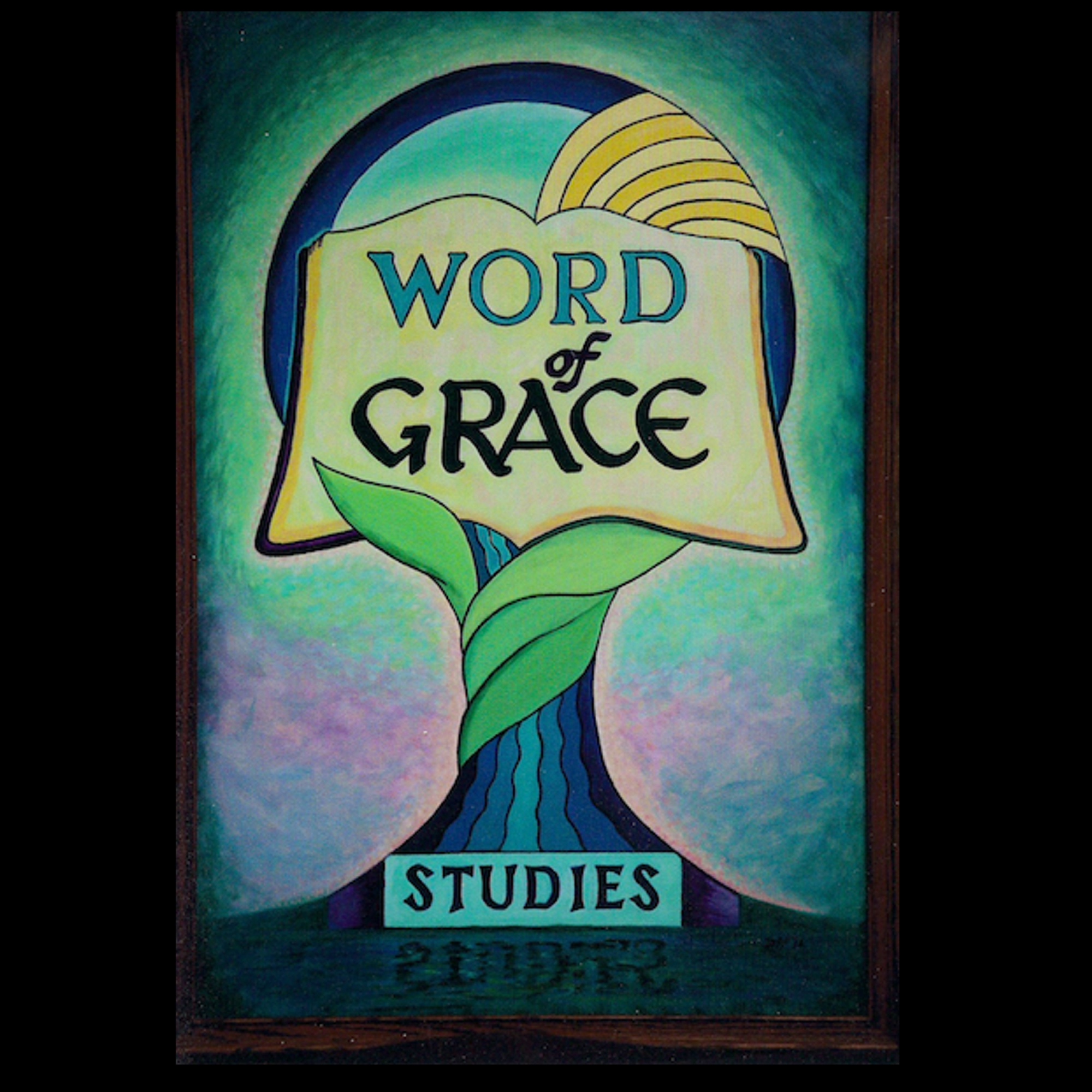Confession of Sins
If, perhaps, we should confess our sins, He is faithful and righteous in order that He should send away our sins and cleanse us from all unrighteousness – 1 John 1:9
Confession of sins means we are agreeing with God that our action is sin. It is not telling God you sinned, but a verbal agreement with Him that your action was contrary to His expectations of you. In order to agree with God concerning sin, we have to understand what sin is for a Christian. Under the Mosaic Law, sin is defined through the law; however, Christians are not under law (Romans 6:14). In 1 John 3:4 Scripture defines what sin is, which is anything done contrary to God’s standard – “All the ones doing the sin also do the lawlessness, and the sin is the lawlessness.” Sin is lawlessness. What is lawlessness for one who is not under any law? It is not living out from faith (Romans 14:23). For our standard is to live out from faith (Romans 1:17), not by law.
How do we do something that is not out from faith? It comes down to our knowledge and our conscience. Our conscience accuses or excuses our actions (Romans 2:15) based upon our knowledge. When we do something against our conscience as Christians, we are doing something that we know is against God’s expectation of us in that situation and therefore are not taking Him at His Word, which results in sin. The one who eats believing that the food will defile him sins by eating, Romans 14:23. Sin is also manifested when we know to do good, that is to do what God desires, but we choose to go our own way […]
